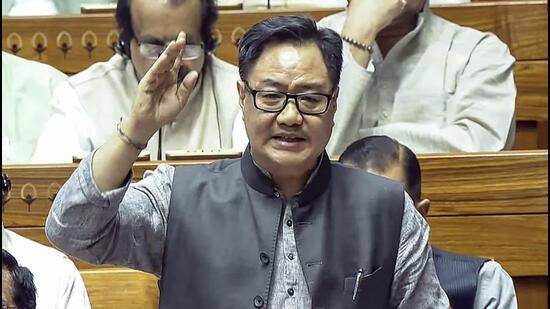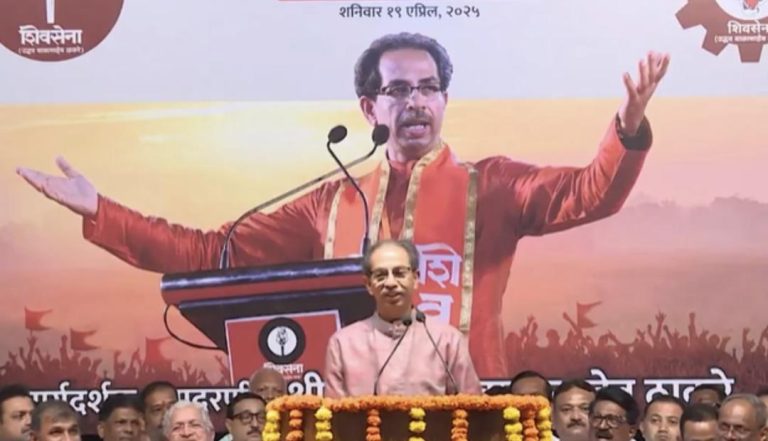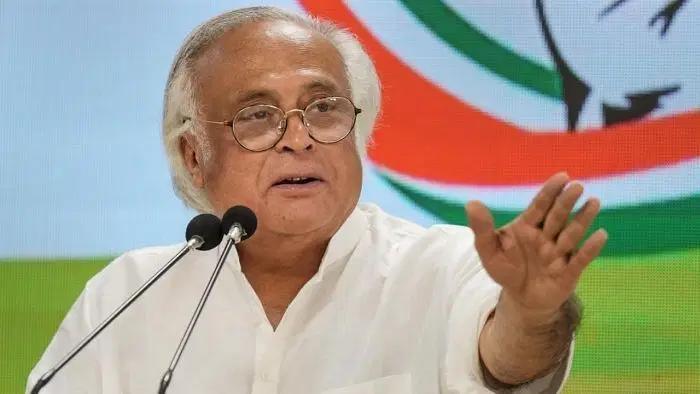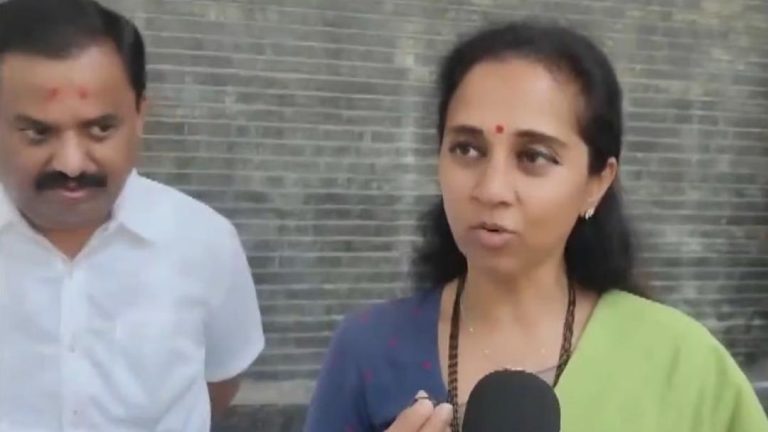
Opposition Creates Confusion & Leaves House: Rijiju in Rajya Sabha
The Rajya Sabha, India’s upper house of parliament, is often the site of heated debates and discussions on various bills and issues. Recently, Union Minister Kiren Rijiju was involved in a controversy when he criticized senior Rajya Sabha members for creating confusion and raising issues in the House, but not staying back to listen to the replies. The incident occurred during discussions on the Waqf (Amendment) Bill, which aimed to bring reforms to the Waqf Board, a government agency responsible for managing properties of mosques and other religious institutions.
Rijiju’s statement was directed at MP Kapil Sibal, who had raised objections to the bill, comparing the properties of Waqf bodies with those of other religious bodies. Sibal’s comments were seen as an attempt to create confusion and mislead the public, and Rijiju was quick to point out the MP’s tactics.
In his defense, Rijiju argued that Sibal had created confusion by raising irrelevant points and not staying back to listen to the replies. He said that the MP had intentionally tried to create a ruckus in the House, but failed to engage in a meaningful discussion on the bill. Rijiju’s remarks were seen as a thinly veiled attack on Sibal, who has been a vocal critic of the government’s policies.
The controversy surrounding the Waqf (Amendment) Bill is not new. The bill has been facing opposition from various quarters, including religious groups and opposition parties, who have argued that it is an attempt to dilute the autonomy of the Waqf Board. The government has, however, maintained that the bill is aimed at bringing transparency and accountability to the board’s functioning.
Rijiju’s criticism of Sibal has sparked a debate on the role of opposition parties in the parliament. Many have argued that opposition parties have a responsibility to engage in constructive debates and discussions on bills, rather than trying to create confusion and obstruction. Others have defended Sibal’s actions, saying that he was simply exercising his right to raise questions and seek clarification on the bill.
The controversy has also raised questions about the functioning of the Rajya Sabha, which is often criticized for being a forum for grandstanding rather than constructive debate. Many have argued that the House needs to adopt a more constructive approach to parliamentary proceedings, where members engage in meaningful discussions and debates rather than trying to score cheap points.
The Waqf (Amendment) Bill is not the only bill that has faced opposition in the Rajya Sabha. In recent times, several bills have been stalled or passed with modifications due to opposition from various parties. The government has faced criticism for its handling of these bills, with many arguing that it has not done enough to engage with opposition parties and build consensus.
In conclusion, the controversy surrounding Rijiju’s remarks on Sibal has highlighted the need for constructive debates and discussions in the Rajya Sabha. While opposition parties have a right to raise questions and seek clarification on bills, they also have a responsibility to engage in meaningful discussions and debates. Similarly, government ministers and officials have a responsibility to engage with opposition parties and build consensus on bills.
Ultimately, the functioning of the Rajya Sabha is crucial to the effective functioning of the parliament. The House needs to adopt a more constructive approach to parliamentary proceedings, where members engage in meaningful discussions and debates rather than trying to score cheap points. Only then can the people’s representatives truly represent the interests of the people and ensure that the parliament functions effectively.






